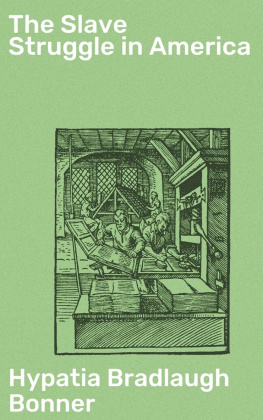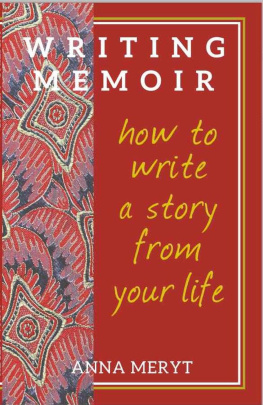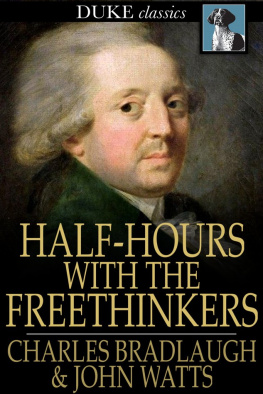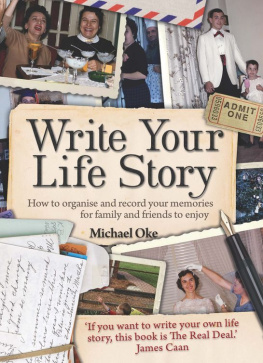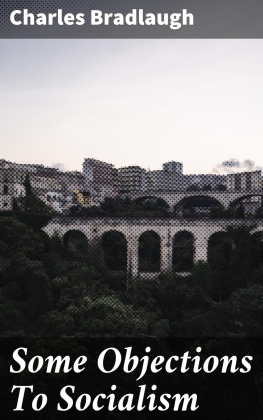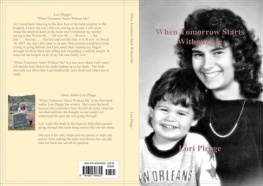PREFACE.
"I wish you would tell me things, and let me write the story of your life," I said in chatting to my father one evening about six weeks before his death. "Perhaps I will, some day," he answered. "I believe I could do it better than any one else," I went on, with jesting vanity. "I believe you could," he rejoined, smiling. But to write the story of Mr Bradlaugh's life with Mr Bradlaugh at hand to give information is one thing: to write it after his death is quite another. The task has been exceptionally difficult, inasmuch as my father made a point of destroying his correspondence; consequently I have very few letters to help me.
This book comes to the public as a record of the life and work of a much misrepresented and much maligned man, a record which I have spared no effort to make absolutely accurate. Beyond this it makes no claim.
For the story of the public life of Mr Bradlaugh from 1880 to 1891, and for an exposition of his teachings and opinions, I am fortunate in having the assistance of Mr J. M. Robertson. We both feel that the book throughout goes more into detail and is more controversial than is usual or generally desirable with biographies. It has, however, been necessary to enter into details, because the most trivial acts of Mr Bradlaugh's life have been misrepresented, and for these misrepresentations, not for his acts, he has been condemned. Controversy we have desired to avoid, but it has not been altogether possible. In dealing with strictures on Mr Bradlaugh's conduct or opinions, it is not sufficient to say that they are without justification; one must show how and where the error lies, and where possible, the source of error. Hence the defence to an attack, to our regret, often unavoidably assumes a controversial aspect.
A drawback resulting from the division of labour in the composition of the book is that there are a certain number of repetitions. We trust, however, that readers will agree with us in thinking that the gain of showing certain details in different relations outweighs the fault of a few re-iterations.
In quoting Mr Bradlaugh's words from the National Reformer, I have for the sake of greater clearness and directness altered the editorial plural to the first person singular.
I desire to express here my great indebtedness to Mrs Mary Reed for her help, more especially in searching old newspaper files with me at the British Museum.
Hypatia Bradlaugh Bonner.
1894.
CONTENTS
Part 1.
BY HYPATIA BRADLAUGH BONNER.
VOL. I.
CHAPTER I.
PAGE
PARENTAGE AND CHILDHOOD
Origin of the Bradlaugh familyJames BradlaughCharles Bradlaugh, senr.His marriageBirth of Charles BradlaughNeedy circumstances of the familyCharacter and tastes of his fatherCharacter of his motherSchoolingHandwritingAmusementsEarly lessons in politics.
CHAPTER II.
BOYHOOD
Charles Bradlaugh as office-boy--Wharf clerk and cashier--Politics at Bonner's Fields--Sunday School--The Rev. J. G. Packer--Suspended from duties as Sunday School teacher--Bonner's Fields on Sunday--Mrs Sharples Carlile--The Warner Street Temperance Hall--A teetotaller--Mr Packer's methods--An angry father--The ultimatum--Leaving home--Mr Packer's responsibility.
CHAPTER III.
YOUTH
Alone in the worldB. B. JonesA youthful "coal merchant"The baker's wifeSelling bracesMrs Carlile offers a home"A little Hebrew and an imperfect smattering of other tongues"Hypatia CarlileBrother and sisterYouthful oratoryThe British BannerAustin HolyoakeGeorge Jacob HolyoakeThe first pamphletA "season's campaign."
CHAPTER IV.
ARMY LIFE
Poverty, hunger, and debtEnlisting for the East India serviceEnrolled in the 50th FootTransferred to the 7th Dragoon GuardsFamily reconciliationThe father's changed characterTroubles at seaTemperance advocacy under difficulties"Leaves"At Rathmines ChurchA right-of-wayA new officerDonnybrook FairAn Irish tragedy.
CHAPTER V.
ARMY LIFE CONCLUDED
The father's deathLetters homeDeath of Miss Elizabeth TrimbyMother and DaughterPurchasing his dischargeAdvantages derived from Army lifeJames Thomson.
CHAPTER VI.
MARRIAGE
Changes at homeA soldier in search of workWith Mr Rogers, of 70 Fenchurch StreetAnonymous busybodies again"Iconoclast"The Hooper familyOld lettersPoetryCalumnies refutedCommon-sense justiceFirst recorded lawsuitMarriageMy sister's birthMy mother.
CHAPTER VII.
HYDE PARK MEETINGS, 1855
The new Sunday BillIn Hyde Park"Go to Church"Hyde Park againThe Bill abandonedThe Royal CommissionMr Bradlaugh's evidence.
CHAPTER VIII.
THE ORSINI ATTEMPT
Lecturing and writing"The Bible: what it is"Arrest of Edward TrueloveFelice OrsiniSimon BernardThomas Allsop"Thorough"Recollections of W. E. Adams.
CHAPTER IX.
EARLY LECTURES AND DEBATES
Provincial lecturesFirst visit to NorthamptonPresident of the London Secular SocietyRobert Owen's last paperThe InvestigatorPolitical meetingsHyde ParkGuildhallDebates: Thomas CooperRev. Brewin GrantDr MensorRev. T. D. MatthiasMr CourtJohn Smart.
CHAPTER X.
HARD TIMES
The Manchester poisoning caseMr HarveyRheumatic feverElysium VillaMy brother's birthKateRailway journeysA lecturer's profitsAn editor's profits.
CHAPTER XI.
A CLERICAL LIBELLER
An articled clerkThe Naples Colour CompanyFinancial operations"Black Friday"Sunderland VillaThe Rev. Hugh M'Sorley.
CHAPTER XII.
TOTTENHAM
Our homeJames Thomson ("B. V.")Harriet BradlaughFather and children.
CHAPTER XIII.
THE "NATIONAL REFORMER"
The National Reformer CompanyThe coming of Joseph BarkerTurkish baths and SecularismThe difficulties of a dual editorshipA house dividedSole editorG. J. Holyoake as chief contributorMore difficultiesArbitrationMessrs Smith and Son's boycottJohn Watts as editorMy father resumesThe Saturday Review"B. V." repliesThe Rev. Charles Voysey: 1868 and 1880.
CHAPTER XIV.
THE "NATIONAL REFORMER" AND THE GOVERNMENT PROSECUTIONS
Prosecution of National Reformer by Mr Disraeli's Government"Published in defiance of Her Majesty's Government"The Act of James I.Collapse of the prosecutionThe PressThe Rev. J. Page HoppsProsecution of National Reformer by Mr Gladstone's GovernmentAbandonment of the prosecutionJohn Stuart MillRepeal of the odious Security lawsThe Postmaster-General and the National Reformer.
CHAPTER XV.
ITALY
Earning money for GaribaldiMazziniAn eloquent passportPolice espionageCarrying despatchesAn American sees "fair play"The police and the Life Assurance Companies.
CHAPTER XVI.
PLATFORM WORK, 1860-1861
Debate with the Rev. B. Grant at BradfordDr BrindleyPursuing Mr Bradlaugh to New YorkDebates with Dr Baylee and others"Extended propaganda"The


